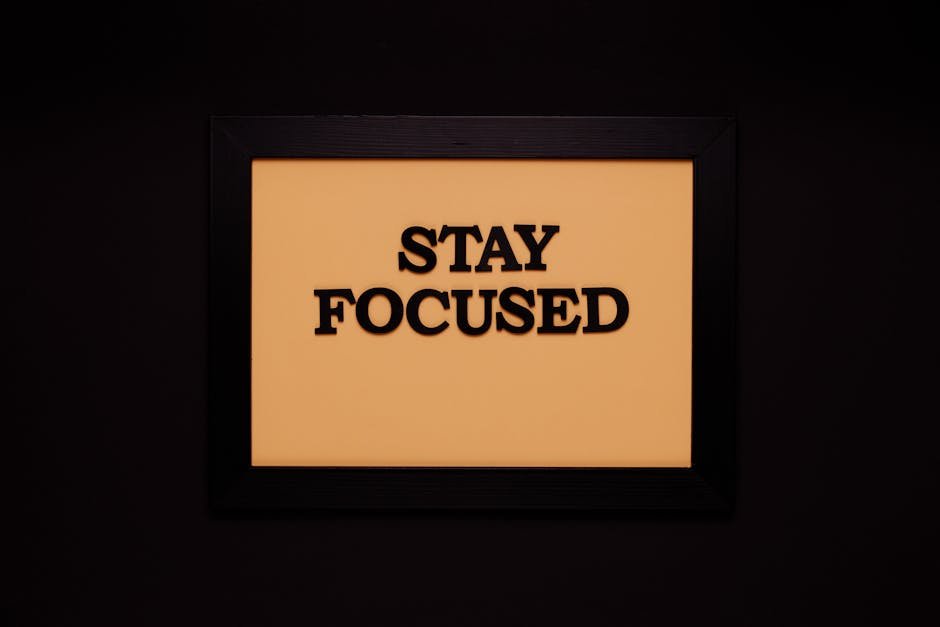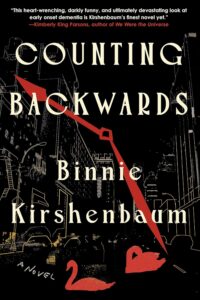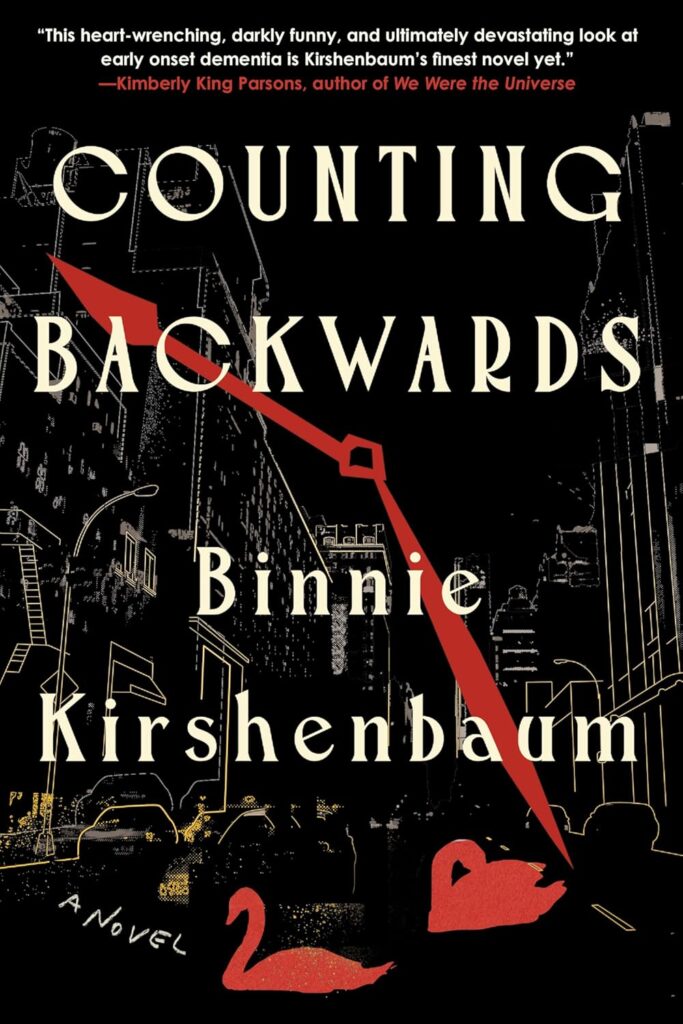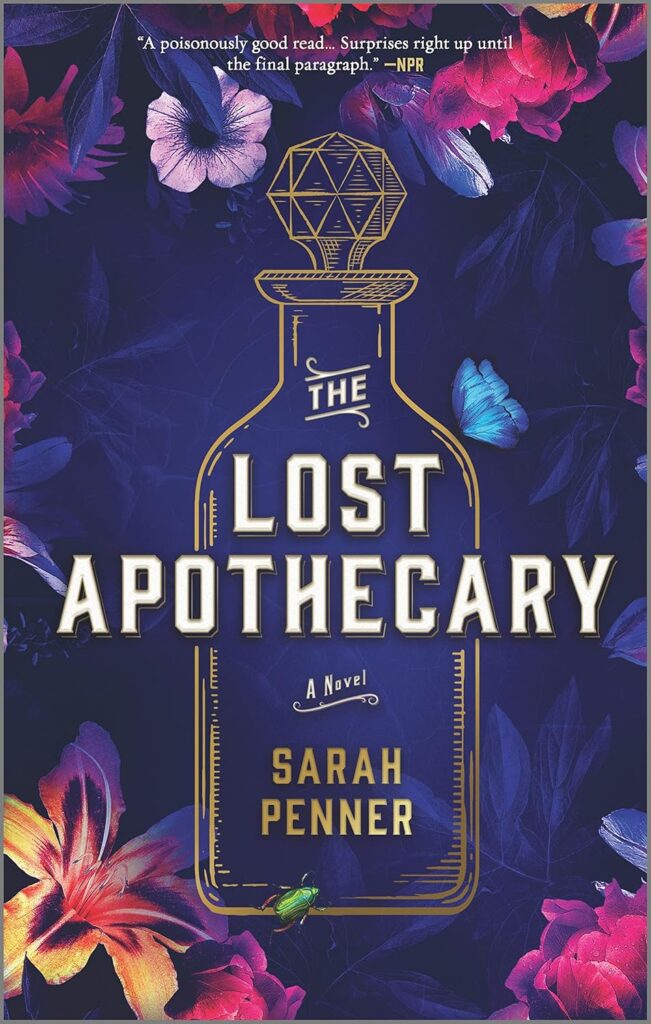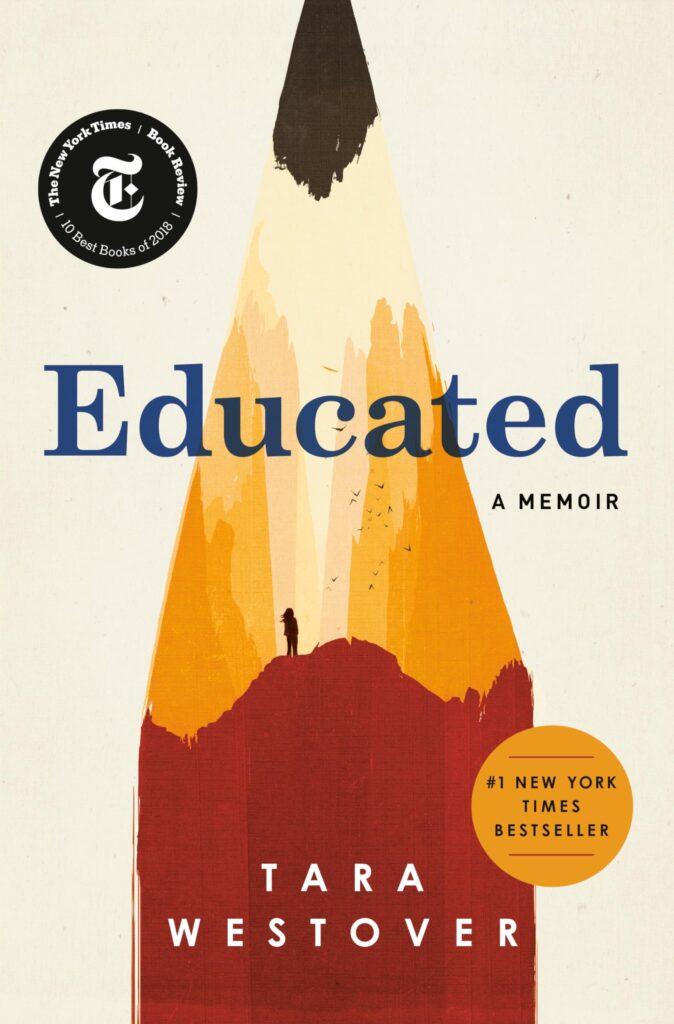Staying focused reading is crucial for comprehension and enjoyment. With distractions everywhere, learning how to stay focused reading can significantly enhance your reading experience. Incorporating effective techniques on how to stay focused reading will help you maintain attention and truly absorb the material.
Understanding the Challenges of Staying Focused
To effectively learn how to stay focused reading, consider your environment, mindset, and techniques. Setting a clear intention for your reading session will help you stay aligned with your goals and boost your focus.
When you learn how to stay focused reading, you unlock not just the ability to consume information but also to enjoy the process of reading deeply.
With practice, learning how to stay focused reading becomes a skill that transforms your reading habits and enjoyment.
Focusing while reading can often feel like an uphill battle, and it’s not just you—it’s a common struggle. Our ability to concentrate is constantly tested by both external and internal distractions. If you’re wondering why your attention drifts so easily, it might be time to examine the factors working against you. Let’s break it down.
The Impact of Modern Distractions
We live in a world where distractions are just a swipe or click away. Technology, particularly smartphones and social media, steals more of our attention than we often realize. Have you ever started reading, only to pick up your phone “just to check one thing,” and suddenly 20 minutes have vanished? Algorithms are designed to keep you hooked, making it hard to resist the lure of notifications.
Multitasking also gets in the way. Many people try to read while keeping one eye on emails or texts, thinking they’re being productive. But switching between tasks interrupts the flow of reading, making it harder to concentrate and absorb information. The reality? Multitasking often just leads to half-doing everything.
Internal Distractions
External distractions aside, our own minds can be just as noisy. Stress, worry, and mental clutter can make focusing on reading feel impossible. If your head is swirling with to-do lists or anxieties about the day, it’s tough to give a book your full attention. Have you ever reread the same paragraph three times and still not know what it said? That’s mental overload at play.
Fatigue is another culprit. When you’re tired, your brain struggles to stay engaged, and your ability to process words and ideas declines. Think of it like driving on an empty tank—you might get moving, but you won’t go far.
Understanding how to stay focused reading can provide you with strategies to manage your environment better.
The Role of Environment
Even if your mind is calm and your phone is tucked away, your surroundings might still sabotage your reading session. A noisy, chaotic space fights for your attention. Whether it’s the hum of a television, the chatter of other people, or even the clatter of dishes, every sound chips away at your focus.
Uncomfortable spaces can also work against you. Trying to read while sitting in an awkward position or in a poorly lit room can quickly pull you out of the zone. Your body naturally resists discomfort, making it harder to stay fixed on the page when you’re physically unsettled.
Many readers find that knowing how to stay focused reading helps them absorb more information effectively.
By understanding how to stay focused reading, you can also develop a more enjoyable reading routine.
Preparing Yourself for Focused Reading
Defining your goals around how to stay focused reading allows you to tailor your sessions to your needs.
Before diving into your reading, it’s essential to set the intention of how to stay focused reading. By acknowledging the distractions that might arise and preparing yourself mentally, you can create a more conducive environment for concentration.
If you’ve ever struggled to stay focused while reading, it’s worth taking a step back and preparing yourself before diving in. A little preparation can drastically improve your ability to concentrate and retain information. Think of it like warming up before a workout—getting yourself in the right mindset and environment makes all the difference. Let’s explore how to set the stage for a distraction-free reading session.
Setting Clear Intentions
Identifying when you are best able to focus allows you to determine how to stay focused reading during those times.
Experimenting with how to stay focused reading at different times can reveal your optimal focus periods.
Before you open a book or article, ask yourself: Why am I reading this? Having a clear purpose helps guide your focus and prevents your mind from wandering. Are you reading to learn something new, solve a problem, or simply relax? Whatever the reason, defining your goals sets a mental “roadmap” that keeps you on track.
If you’re studying or reading to learn, break it down. Instead of thinking, “I need to read this whole chapter,” shift to smaller, actionable goals like “I’ll focus on understanding these three key principles.” This not only makes the task feel less overwhelming but also gives your mind a specific direction.
For leisurely reading, intentions matter too. If your goal is relaxation or entertainment, remind yourself to slow down and enjoy the process—not every word needs to be analyzed. Setting intentions tells your brain, This is what matters right now, which naturally boosts focus.
Choosing the Right Time
Timing can make or break your ability to concentrate. Our mental energy isn’t constant throughout the day—it ebbs and flows based on your natural rhythm. Pay attention to when you feel most alert and use that window for your reading sessions.
For many people, early mornings or late nights are golden hours for focus because there are fewer distractions, and the mind feels clearer. However, if you’re not a morning person, forcing yourself to read at 6 a.m. won’t help. Choose a time that works for you.
If you’re unsure of your peak focus periods, experiment over a week. Try reading at different times and see when you feel most engaged. Once you figure it out, treat that time like an appointment—schedule your reading sessions to maximize mental clarity.
Optimizing Physical and Mental State
Your body and mind need to work together to support focus. If you’re exhausted, distracted, or uncomfortable, even the best intentions won’t save your reading time. Start by tuning into your basic needs:
- Stay hydrated. Dehydration can lead to fatigue and brain fog, both of which kill focus. Keep water nearby and sip regularly.
- Take short breaks. Our brains are wired for bursts of focus, not marathon sessions. If you’re reading for a long stretch, follow the 25-5 rule—25 minutes of reading, followed by a 5-minute break. This prevents burnout and keeps focus sharp.
- Reduce stress. Feeling overwhelmed? Try a quick breathing exercise or a short walk to clear your head before sitting down to read. A calm mind is far more receptive to information.
Finally, make sure your surroundings support your efforts. Sit somewhere comfortable but not too cozy—falling into a “nap trap” won’t help. Good lighting, minimal noise, and a proper chair can all work wonders for your ability to concentrate. Think of your environment as a partner in your reading process.
Taking the time to prepare yourself, both mentally and physically, sets the foundation for a focused and productive reading experience.
Creating an Ideal Reading Environment
Your environment plays a huge role in how well you can focus while reading. Even if your mind is ready, a chaotic or poorly designed space can derail your efforts. Crafting the right setup is like building a stage—the better the foundation, the better the performance. Let’s look at how you can create the perfect reading environment.
Finding a Quiet Space
When trying to learn how to stay focused reading, consider options that are engaging yet informative.
Noise is one of the biggest culprits when it comes to breaking focus. But guess what? You don’t have to settle for distractions. Here are some ideas to keep noise at bay:
- Pick a secluded spot. A separate room, a quiet corner in the house, or even a library can offer the tranquility you need.
- Use noise-canceling headphones. If silence isn’t an option, these can be your best friend. Pair them with calming music or white noise to drown out distractions.
- Schedule reading time during quiet hours. If your home or neighborhood is busier during certain parts of the day, plan your reading sessions when things calm down.
You don’t need complete silence—it’s about reducing the kind of noise that pulls your attention away. Even small adjustments can help create a noticeable difference.
Proper Lighting and Comfort
Struggling with poor lighting or an uncomfortable chair? These might seem insignificant, but they can sabotage your concentration more than you realize. Here’s how to optimize for both:
- Use natural light whenever possible. A bright, well-lit space energizes your brain, while dim lighting can make your eyes work harder and lead to fatigue. If natural light isn’t an option, choose a lamp with warm, evenly distributed light.
- Invest in a comfortable chair. Think ergonomic but supportive. Avoid overstuffed chairs or anything that tempts you to lie down. Comfort is key, but so is maintaining good posture.
- Keep your essentials nearby. A cozy blanket, a cup of tea, or a small side table for your book and notes can create a welcoming atmosphere that’s easy to settle into.
When your space feels good both physically and visually, it’s easier to stay engaged with your book rather than worrying about discomfort.
Eliminating Digital Interruptions
Creating a comfortable reading space is another step towards how to stay focused reading.
Let’s face it—the hardest distractions to fight are often just a tap away. Notifications, texts, and social media can turn minutes into hours of lost time. Here’s how to win the battle:
- Put your phone on “Do Not Disturb.” Most smartphones have a feature like this, allowing you to silence notifications while keeping emergency contacts active.
- Use apps to block distractions. Apps like Forest, Freedom, or Focus Keeper can help you stay in the zone by locking access to distracting sites and apps.
- Turn off unnecessary alerts. Email notifications, group chats, and app updates can wait. Prioritize reading by temporarily muting anything non-essential.
Think of your phone as background noise—not every message or ping deserves your attention. By taking control of digital interruptions, you’re giving your mind the freedom it needs to focus fully on the page.
By silencing distractions, you’ll find it easier to remember how to stay focused reading.
Creating an ideal reading environment doesn’t have to mean perfection. A few targeted changes can make all the difference in how well you focus during your reading sessions.
Effective Reading Techniques for Better Focus
Staying focused while reading isn’t just about motivation; it’s also about mastering the right techniques. These methods aren’t complicated, but they require intention and consistency. If you’ve ever found your eyes moving across the page while your mind was elsewhere, these strategies can help you stay engaged.
Active Reading Strategies
Passive reading often leads to zoning out, but active reading transforms how you engage with the material. Think of it as having a conversation with the text—you’re not just reading; you’re interacting. Here are some strategies that keep your brain in gear:
Making mental clarity a priority contributes to how to stay focused reading effectively.
- Highlight key points. Use a pen, highlighter, or digital tools to mark essential details. This creates visual cues for important sections and forces you to pay attention as you read.
- Take handwritten or typed notes. Jot down questions, reactions, or summaries of what you’ve just read. Writing things out helps reinforce your understanding and keeps your focus sharp.
- Summarize sections as you go. After completing a paragraph or chapter, pause and explain the main ideas in your own words. This acts as a quick comprehension check and ensures that what you’re reading is actually sticking.
Active reading doesn’t mean over-complicating the process. Even small actions like underlining or asking yourself how a piece of information connects to what you already know can make a huge difference.
Using the Pomodoro Technique
Reading for long periods can feel like a marathon, but the Pomodoro Technique splits your time into short, focused sprints with breaks in between. This method works wonders for concentration and keeps your mind from tiring out.
Here’s how you can apply it:
- Set a timer for 25 minutes. During this time, your only focus is reading; block out distractions entirely.
- Take a 5-minute break. Step away from your book, stretch, grab a drink, or do something that doesn’t require much brainpower.
- Repeat the cycle. After completing four 25-minute intervals, take a longer 15-30 minute break to recharge.
Why does this work? Your brain performs better in shorter bursts than in never-ending stretches. By breaking it down, you’re making reading manageable and keeping your mind fresh.
Previewing the Material
Diving straight into a book or article without preparation can be overwhelming, especially with dense or unfamiliar content. Previewing the material gives you a mental roadmap, making it easier to follow along.
Noticing how to stay focused reading can also be enhanced by breaking your reading into smaller, manageable sessions.
Try this approach:
- Skim the headings. Pay attention to titles, subtitles, and bolded terms. This gives you clues about the structure and core themes.
- Scan summaries or introductions. Many books and articles offer overviews of what’s coming up. Use these sections to get a sense of where the text is headed.
- Look for key visuals. If there are charts, graphs, or photos, take a moment to understand their purpose and relationship to the main content.
Previewing helps you anticipate what’s important, which naturally boosts comprehension. Think of it like checking a map before a road trip—it makes the journey smoother.
Practicing Mindfulness While Reading
Often, distractions aren’t external; they’re internal. Staying present and mindful while reading can counter mental drifting and make the experience richer.
Here are some ways to practice mindfulness while you read:
- Read slowly and with intention. Don’t rush through the text just to finish. Pay attention to each word, sentence, and idea.
- Breathe and reset. If your thoughts start to wander, pause for a moment and take a deep breath. A quick mental reset can bring you back to the page.
- Use your senses. Feel the texture of the book, notice the sound of turning pages, or focus on the glow of your screen. Grounding yourself in the experience keeps your brain connected to the act of reading.
Mindfulness requires practice, but it’s worth the effort. By staying fully engaged in the moment, you’ll not only retain more information but enjoy the process of reading on a deeper level.
When you combine these techniques, you’ll find it easier to maintain focus and fully immerse yourself in what you’re reading. Small changes in your approach can make all the difference in the quality of your reading experience.
Overcoming Common Focus Barriers
Losing focus while reading can feel frustrating, but it’s completely normal. Interruptions—both internal and external—challenge even the most dedicated readers. The good news? With the right tools and habits, you can train your brain to stay engaged on the page. Let’s explore some practical ways to overcome the challenges that hinder focus.
Dealing with Wandering Thoughts
Does your mind stray to unrelated thoughts while reading? Maybe you start a chapter but soon find yourself planning dinner or replaying an awkward moment from the day. It happens to everyone, but there are ways to catch yourself and refocus.
Practicing mindfulness while reading contributes greatly to how to stay focused reading.
- Write distracting thoughts down. Keep a small notebook or sticky pad next to you while reading. If your brain serves up a random thought—like remembering an overdue bill—jot it down quickly, then return to your book. It tells your brain, “This can wait.”
- Try a quick meditation session. Before diving into a book, spend 2-3 minutes focusing on your breathing. Close your eyes and take deep breaths. This simple exercise clears mental clutter and prepares your mind for deeper concentration.
- Break the habit of judgment. Don’t get frustrated when your mind wanders. Instead, notice it without judgment and gently pull your attention back to the text. Think of it as a mental muscle you’re strengthening over time.
Your thoughts will always seek attention, but these small actions help you stay grounded in the reading process.
Managing Stress and Anxiety
It’s nearly impossible to focus on a book when your mind is weighed down by stress or anxiety. Tension clouds your ability to absorb information, like trying to drive through thick fog. Before sitting down to read, take steps to clear your mental slate.
- Practice relaxation strategies. Deep breathing exercises, progressive muscle relaxation, or even five minutes of stretching can help lower stress levels. When your body feels calm, your mind follows.
- Create a pre-reading ritual. Rituals signal to your brain that it’s time to focus. Make a cup of tea, light a favorite candle, or listen to calming music before you open your book. These simple routines set a peaceful tone.
- Set realistic expectations. If you’re overwhelmed, don’t aim for marathon reading sessions. Start small—like reading 5-10 pages—and build from there. This reduces pressure and makes the habit more enjoyable.
Think of stress management as the foundation of focus. When your mind feels lighter, it can engage more fully.
Building a Habit of Focused Reading
If staying focused feels like running a mental marathon, don’t worry—it’s something you can train for over time. The key? Build a consistent habit that strengthens your ability to concentrate.
- Establish a regular reading schedule. Pick a specific time each day to read. Whether it’s 20 minutes in the morning or a chapter before bed, consistency trains your brain to expect and prioritize reading.
- Start with short sessions. If focusing for long periods is tough, begin with 10-15 minutes and gradually increase. Think of it like lifting weights—start small, then add more as you grow stronger.
- Make it non-negotiable. Treat your reading time like any other commitment. Set reminders, eliminate unnecessary interruptions, and stick to the habit, even on busy days.
As you develop your skills on how to stay focused reading, you’ll find your frustration lessen over time.
Building a habit isn’t about being perfect; it’s about showing up regularly. Over time, focused reading will feel natural, not forced.
By addressing these barriers—wandering thoughts, stress, and lack of habit—you’ll pave the way to a more focused and fulfilling reading experience. Each adjustment, no matter how small, makes a difference in building your concentration skills.
Book Recommendations
When you’re trying to stay focused while reading, the type of book you choose can make or break the experience. The right book grabs your attention and keeps you engaged, while the wrong one can leave you distracted or bored. Not every book fits every moment, so matching your selection to your mood and goals is key. Below, we’ll discuss some excellent book recommendations for different situations to help you stay immersed in your reading.
For Light and Engaging Reads
Sometimes, the best way to sharpen your focus is to choose a book you can’t put down. Light, engaging reads draw you in with ease and keep your attention without feeling like work. These books are great if you’re easing back into reading or simply want to enjoy the process without pressure.
Here are a few types to consider:
Managing stress effectively is crucial for understanding how to stay focused reading.
Implementing techniques on how to stay focused reading can transform a mundane experience into an engaging one.
- Fast-paced fiction: Thrillers, mysteries, or fantasy novels are fantastic for holding your attention. Think authors like Gillian Flynn (Gone Girl), Agatha Christie (And Then There Were None), or Brandon Sanderson (Mistborn).
- Short story collections: If you’re pressed for time, collections by authors like Jhumpa Lahiri (Interpreter of Maladies) or Ray Bradbury (The Illustrated Man) give you satisfying reads in bite-sized portions.
- Memoirs with personality: Autobiographies that read like gripping stories are a perfect choice. Try Becoming by Michelle Obama or Born a Crime by Trevor Noah for compelling, humorous, and heartfelt narratives.
These kinds of books pull your focus naturally. It’s hard to check your phone when you’re dying to know what happens next.
For Improving Focus and Mindset
As you refine your approach on how to stay focused reading, you’ll experience significant improvements.
If you’re looking to strengthen your focus and find tools to improve your reading habits, consider books that directly address mindfulness, productivity, or personal growth. These books act as guides to help you build better habits and cultivate concentration over time.
As you build a habit of focused reading, you will discover how to stay focused reading more naturally.
Some standout options include:
- Mindfulness and meditation classics: The Power of Now by Eckhart Tolle and Wherever You Go, There You Are by Jon Kabat-Zinn teach you how to stay present and block out distractions.
- Habit-focused reads: James Clear’s Atomic Habits is packed with practical advice for building sustainable habits, including how to focus better on what matters most.
- Books on deep work: Cal Newport’s Deep Work explores the science behind focus and why creating distraction-free time is essential for productivity and personal growth.
These books not only provide actionable advice but often inspire you to take immediate steps toward building a more focused and intentional lifestyle.
For Boosting Learning While Reading
If your goal is to read for growth—whether it’s learning a new skill, gaining perspective, or diving into a subject—you’ll want books that keep you curious without overwhelming you. The trick is to choose material that presents ideas clearly, with engaging writing that invites understanding.
Remember, the journey of how to stay focused reading is unique for everyone, but techniques can help guide you.
Here are some excellent learning-based recommendations:
- Popular science and self-education: Books like Sapiens by Yuval Noah Harari and Factfulness by Hans Rosling offer fascinating insights into the world while being easy to follow.
- Books that explain the “why” behind big concepts: Daniel Kahneman’s Thinking, Fast and Slow and Malcolm Gladwell’s Outliers break down complex ideas into digestible, thought-provoking stories.
- Skill-building reads: Want to improve your writing, photography, or critical thinking? Books like On Writing by Stephen King or Steal Like an Artist by Austin Kleon are not only educational but written in an approachable, conversational style.
By consistently practicing how to stay focused reading, you strengthen your reading skills over time.
Learning while reading doesn’t have to feel like work. Well-written books on engaging topics make diving into new knowledge feel rewarding—and help you stay focused.
Choosing the right book is another aspect of how to stay focused reading and can greatly influence your experience.
Books that promote mindfulness can enhance how to stay focused reading habits significantly.
Setting realistic expectations around how to stay focused reading will create a more enjoyable experience.
Ultimately, the choice of material can be pivotal in understanding how to stay focused reading.
Reading for enjoyment is also an essential part of how to stay focused reading effectively.
The right book can ignite passion and improve how to stay focused reading.
Choosing reads that align with your interests is key to mastering how to stay focused reading.
Books that resonate with you will naturally enhance your ability regarding how to stay focused reading.
Apply various strategies for how to stay focused reading until you find what works best for you.

